[fusion_builder_container hundred_percent=”yes” overflow=”visible”][fusion_builder_row][fusion_builder_column type=”1_1″ layout=”1_1″ background_position=”left top” background_color=”” border_size=”” border_color=”” border_style=”solid” spacing=”yes” background_image=”” background_repeat=”no-repeat” padding=”” margin_top=”0px” margin_bottom=”0px” class=”” id=”” animation_type=”” animation_speed=”0.3″ animation_direction=”left” hide_on_mobile=”no” center_content=”no” min_height=”none” last=”no” hover_type=”none” link=”” border_position=”all”][fusion_title margin_top=”” margin_bottom=”” hide_on_mobile=”small-visibility,medium-visibility,large-visibility” class=”” id=”” size=”1″ content_align=”left” style_type=”default” sep_color=””]
Alumni Spotlight: Brent Gills
[/fusion_title][fusion_imageframe image_id=”21416″ style_type=”none” stylecolor=”” hover_type=”none” bordersize=”0px” bordercolor=”” borderradius=”0″ align=”left” lightbox=”no” gallery_id=”” lightbox_image=”” alt=”” link=”” linktarget=”_self” hide_on_mobile=”no” class=”” id=”” animation_type=”” animation_direction=”down” animation_speed=”0.1″ animation_offset=””]https://www.21stcenturyleaders.org/wp-content/uploads/2017/10/BrentGillsPhoto-300×200.jpg[/fusion_imageframe][fusion_text]
This month’s Alumni Spotlight features Brent Gills, who is currently an MA in Management/MIM student at Wake Forest University and founder of The Gills Consulting Group. Brent graduated from Southwest DeKalb High School in 2009 and has degrees in physics from both Hampton University and Florida A&M. He attended 21CL programs from 2007-2009, including the very first EarthCare, sponsored by Georgia Power.
At 21CL’s annual golf outing, Leaderboard at East Lake, on October 11, 2017, he shared his story about the opportunity given through 21st Century Leaders that led him to his passion for STEM careers and prepared him with skills for fruitful connections. Read his takeaways from being a 21st Century Leader, and his speech to call forth leadership and support for the 21CL community.
How did participating in 21CL change you and/or lead you to where you are now?
21CL taught me to have the confidence to actually go after the things I wanted. Without actually seeing people face to face that had the types of jobs I’d only read about, it’s hard to imagine yourself in some of those positions. You can say, “I’d like to be a VP or CEO in the future,” but I never truly believed it until I sat down and had a conversation with men and women who sat in those seats. You never know what things from 21CL you’ll actually ever need. I remember being at a Physics conference and actually sitting at the same table as a Nobel Laureate. If it weren’t for the table etiquette (both conversational and utensil) that I learned at camp, and trust me, it was definitely practiced at my home, I probably would have embarrassed myself in front of the people at the table. Instead, I’d had plenty of practice, so I was poised in my delivery.
What was a memorable ‘aha’ moment in 21CL?
I would have to say I had that moment after using a business card that we got at camp one summer. The gentleman I gave it to was so impressed that a young person took the time to have business cards made that he took his time to make sure I was successful during every part of college. That gentleman is still a mentor of mine today.
How did 21CL prepare you for your next steps? What tools and perspectives have helped you along the way?
As I stated earlier, 21CL gave me the confidence I needed to actually know that I can and should be competing with EVERYONE out here no matter where they may come from. I’d been around leaders from all over the state, so when it came to running for Freshman class President or any other elected position while in undergrad, I was prepared. The organization also gave me a bridge into networking and why you actually do it. Learning to network is something that most people don’t get to learn about until they’re much older, and having those experiences in high school made me better prepared than my peers in both undergrad and graduate school.
What’s something you’ve recently learned about leadership?
I’m slowly learning how to say no. I’m always reading about how that’s the most important thing that effective leaders are good at.
[/fusion_text][fusion_text]
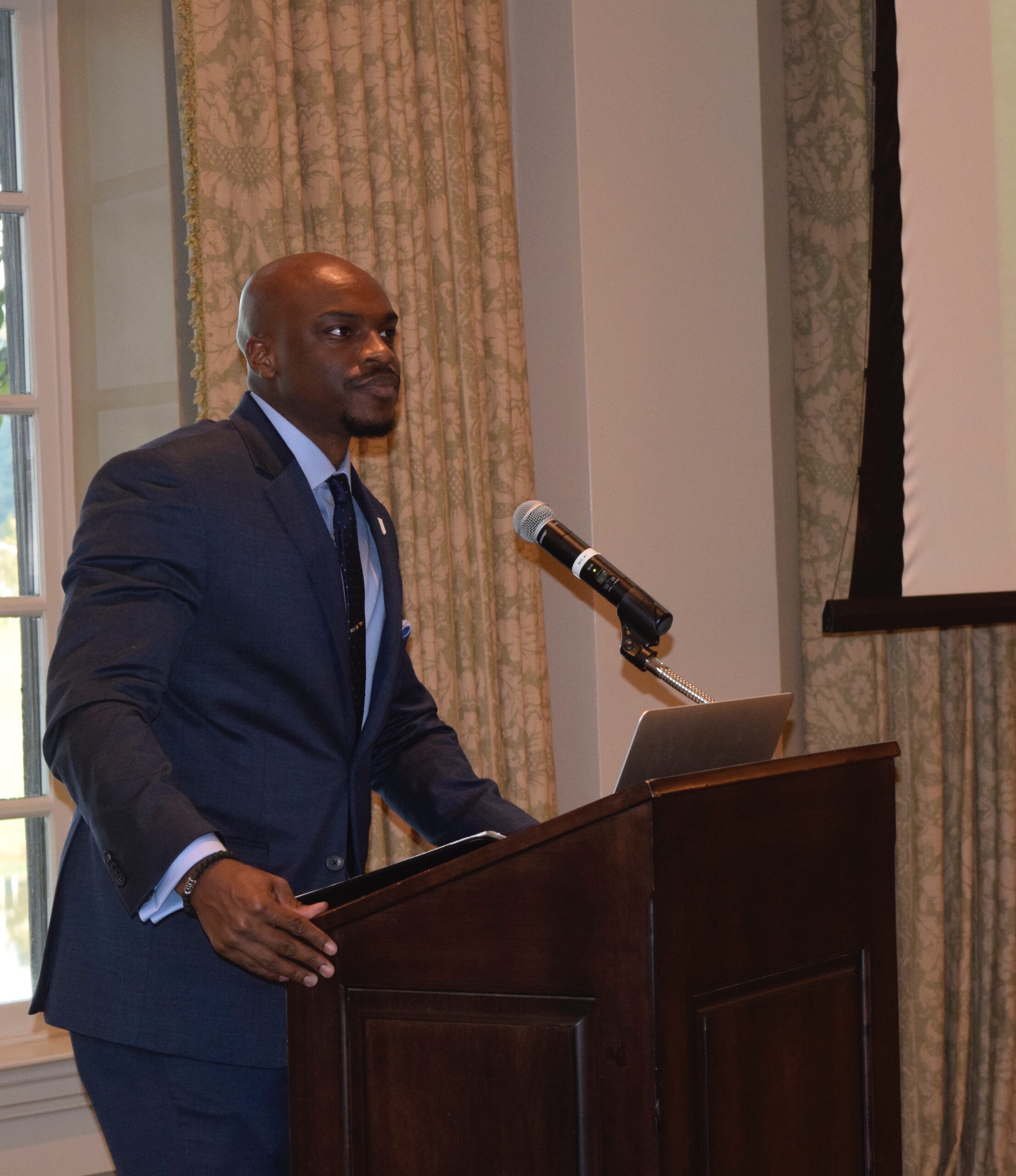 Brent’s Speech
Brent’s Speech
“What is something that most people take for granted? Family? Time? Well, how about opportunity?—-And it’s a shame that so many of us take opportunity for granted. Because without it, we wouldn’t have the chance to do what we do or have the things we have.
Tonight, we’re not celebrating, but I want you all to see the gravity of the opportunities that you’ve been creating. We’re here so that you can know about the success that this program has had. The 21st Century Leaders Program’s goal is to empower the next generation so that they can encourage the generation behind them to go the extra mile for our world. If it weren’t for the British Physicist (or electrical engineer, whatever you engineers in the room want to refer to him as) Michael Faraday, who came from extremely humble beginnings, getting the opportunity to listen in on lectures and work as Sir Humphrey Davy’s secretary at the Royal Institute of Great Britain, we wouldn’t be enjoying the light that’s enabling all of us to see each other at this very moment. Georgia Power’s business is based on the work of Faraday and other physicists who were obsessed with electromagnetism at the time. While 21st Century Leaders has a goal to uplift the children in our communities, to exude leadership in their everyday lives, I want to set a goal for the rest of us: to never let the next great scientist or leader slip through the cracks.
Now let me take you all on a journey. The year was 2007 (goodness gracious so long ago right?). I was 16, had an un-nurtured love for science, but was known as the class clown because I did not take my future seriously. Then 21st Century Leaders and GA Power gave me the opportunity to attend an environmental sustainability/leadership camp (EarthCare). What a combination, right? It was perfect for me, because I knew I had an interest in being a scientist, and I had the natural ability to lead teams of people. I learned about power, different sources of energy, leading and working in teams with people who might not look like I do or be from the same Decatur neighborhood as me. I learned about public speaking, business and leadership etiquette, teamwork, and most importantly, networking. I lost my fear of talking to people and asking for advice or help, which in my experience is the most important thing you can ask someone for.
21CL taught me how to seize opportunities, and I brought that with me in 2009 when I was a freshman at Hampton University studying physics but was uncertain, hesitant about my choice because of the stress associated with becoming a scientist… Let me add that when I went on my college visit, a fellow 21st Century Leader alum came along with me, which speaks to the strength of our network. Speaking of networks, I even met my mentor Dr. Ramsey Smith, by giving my 21st Century Leader business card. Dr. Smith, a chemical physicist at NASA, played an instrumental role in my development as a scientist. He said, “Brent, a day should not go by without you researching something for yourself. Think for yourself. Form your own opinions. Verify whatever you’re told.” After that conversation, I was confident in my choice of studying science and caring about the things that I did. I then knew that the time I put into my studies and research would be worth it. I got a chance to work in optics laboratories, do research on dark matter and energy. My eyes opened up because of one opportunity. Using many of the skills that I learned during my tenure as a 21st Century Leader, I was elected as SGA President at Hampton, where we initiated a Green campaign and brought 150% more recycling bins and other sustainability tools to our campus. But it started with opportunity. In Malcolm Gladwell’s book Tipping Point, he stated “small things can make a big difference.” One person who comes through this program can birth new opportunities, just as Michael Faraday did with the field of electromagnetism.
Opportunity is the major difference between a millionaire and a lower middle class American worker, even more so than effort. When someone gets an opportunity, they’re able to make something more of themselves…they’re able to see what’s available to them outside of their daily struggle. They have the choice to be successful or not, instead of their environment making that choice for them. If Robert Smith, the CEO of Vista Equity Partners wouldn’t have been the lucky kid from his town to attend Cornell for a summer engineering program, he wouldn’t have ever known what chemical engineering was, and hold the 5 patents that he holds today. Mr. Smith subsequently attended Columbia Business School and became the founder and chairman of one of the largest private equity firms in the world. If Albert Einstein wouldn’t have had the opportunity to work for the Swiss Patent Office, he wouldn’t have had the scientific background that he had, which means that he probably wouldn’t have theorized the special theory of relativity, which lead to us creating the atom bomb to win WW2 and us being able to use nuclear energy to power entire cities. What would’ve happened if Dr. Einstein wouldn’t have theorized the things he did?
Without opportunity, people cannot succeed. I don’t care how self-made you consider yourself to be…it just wouldn’t happen. I can definitely say that 21st Century Leaders gave me the opportunity to do some of the things I’ve done. I hold two degrees in physics and I’m now working on my MIM at Wake Forest University, while leading a consulting firm that a former professor and I started at the beginning of this year. My consulting firm, The Gills Consulting Group, focuses on STEM consulting and policy, and environmental sustainability, which is something I hold near to my heart.
I know that all of you are here because you care about your communities. You care about this world that we all live in. If it weren’t for people like you all, and Bob Watson, people like me wouldn’t have known the different fields within engineering, or be as concerned with our environment and how it works. I wouldn’t be standing here today if it weren’t for the opportunities that were awarded to me through this very program. People like you empower others around you to reach higher, do bigger things, to take those extra steps…
Each of you in this room has had a door opened for you. It’s about reciprocating that gesture and making it so that more people can experience the successes that you have. Now, Isaac Newton said that energy cannot be created, nor destroyed. We already have a good bit of energy here in this room with 21st Century Leaders and we have to make it a priority to keep this energy flowing.”
FEEL INSPIRED TO SUPPORT 21CL – CLICK HERE
[/fusion_text][/fusion_builder_column][/fusion_builder_row][/fusion_builder_container]
 Allante’ Collier is a graduate of Kennesaw State University (2017) with a Bachelor of Science Degree in Industrial Engineering Technology. As a 21st Century Leaders student, Allante’ attended Gwinnett School of Mathematics, Science and Technology in Gwinnett county when she participated in one of our summer leadership institutes in summer 2011. She attended Leadership Plugged-In (2011) one of two Turner sponsored summer programs at that time, where she was able to meet professionals in a variety of fields who inspired her career. Allante’ recently began her Project Management career in the construction industry and specializes in automation and controls for special projects, she currently works for McKenney’s, Inc as Assistant Project Manager.
Allante’ Collier is a graduate of Kennesaw State University (2017) with a Bachelor of Science Degree in Industrial Engineering Technology. As a 21st Century Leaders student, Allante’ attended Gwinnett School of Mathematics, Science and Technology in Gwinnett county when she participated in one of our summer leadership institutes in summer 2011. She attended Leadership Plugged-In (2011) one of two Turner sponsored summer programs at that time, where she was able to meet professionals in a variety of fields who inspired her career. Allante’ recently began her Project Management career in the construction industry and specializes in automation and controls for special projects, she currently works for McKenney’s, Inc as Assistant Project Manager.

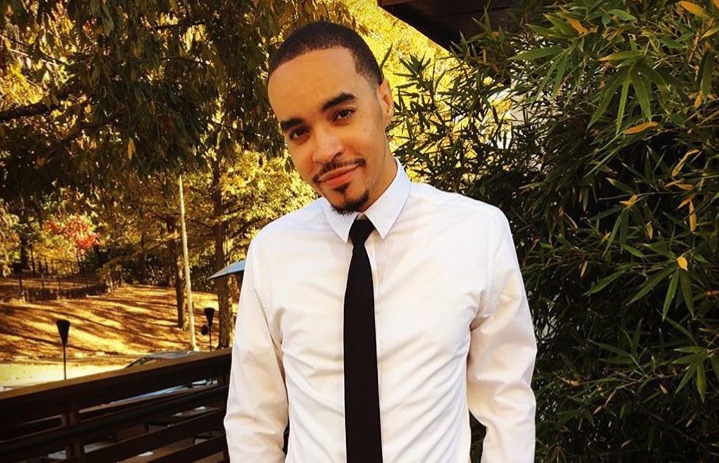
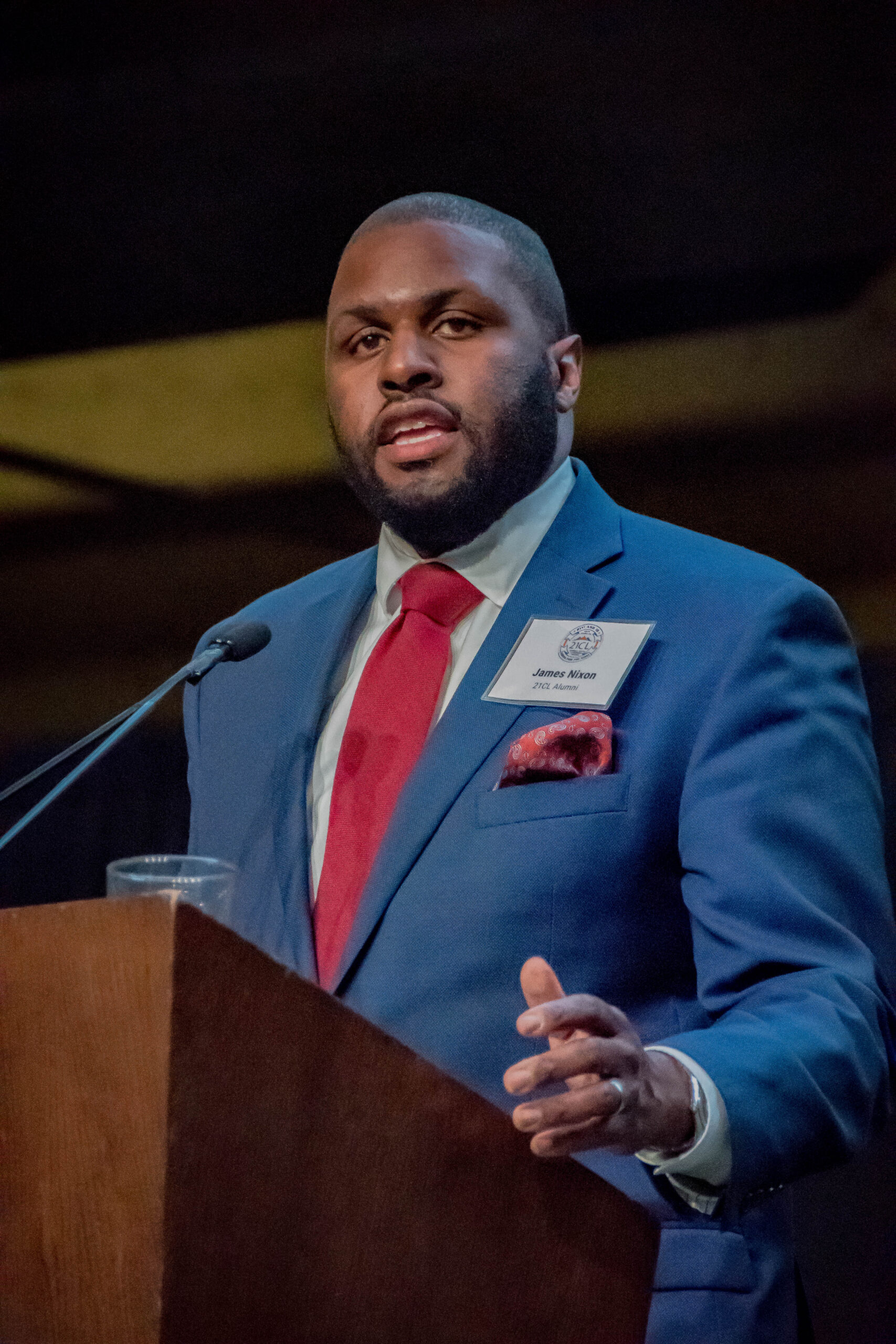
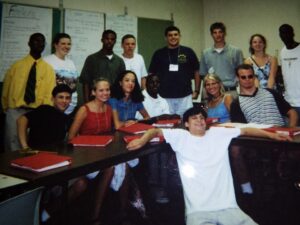
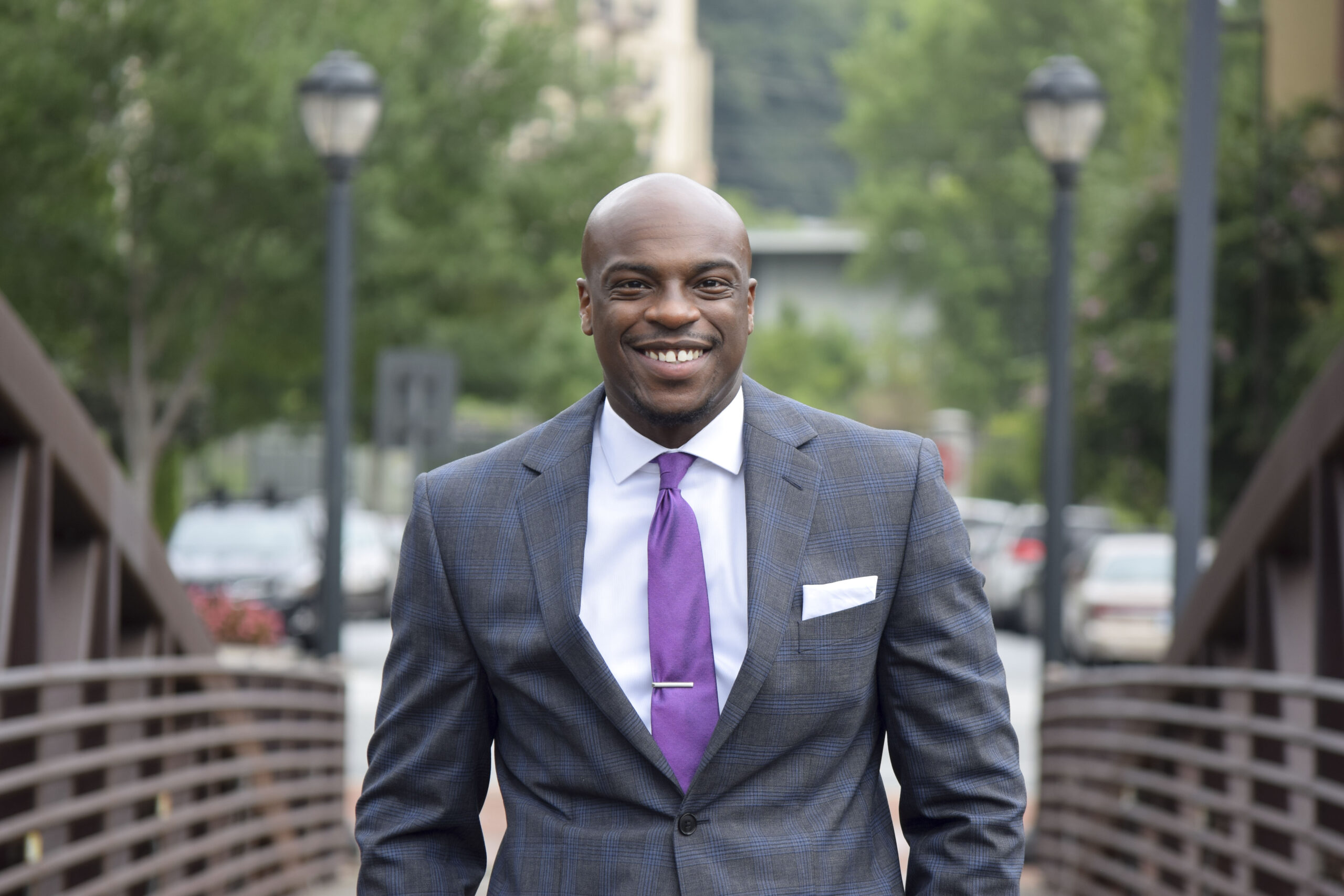
 Brent’s Speech
Brent’s Speech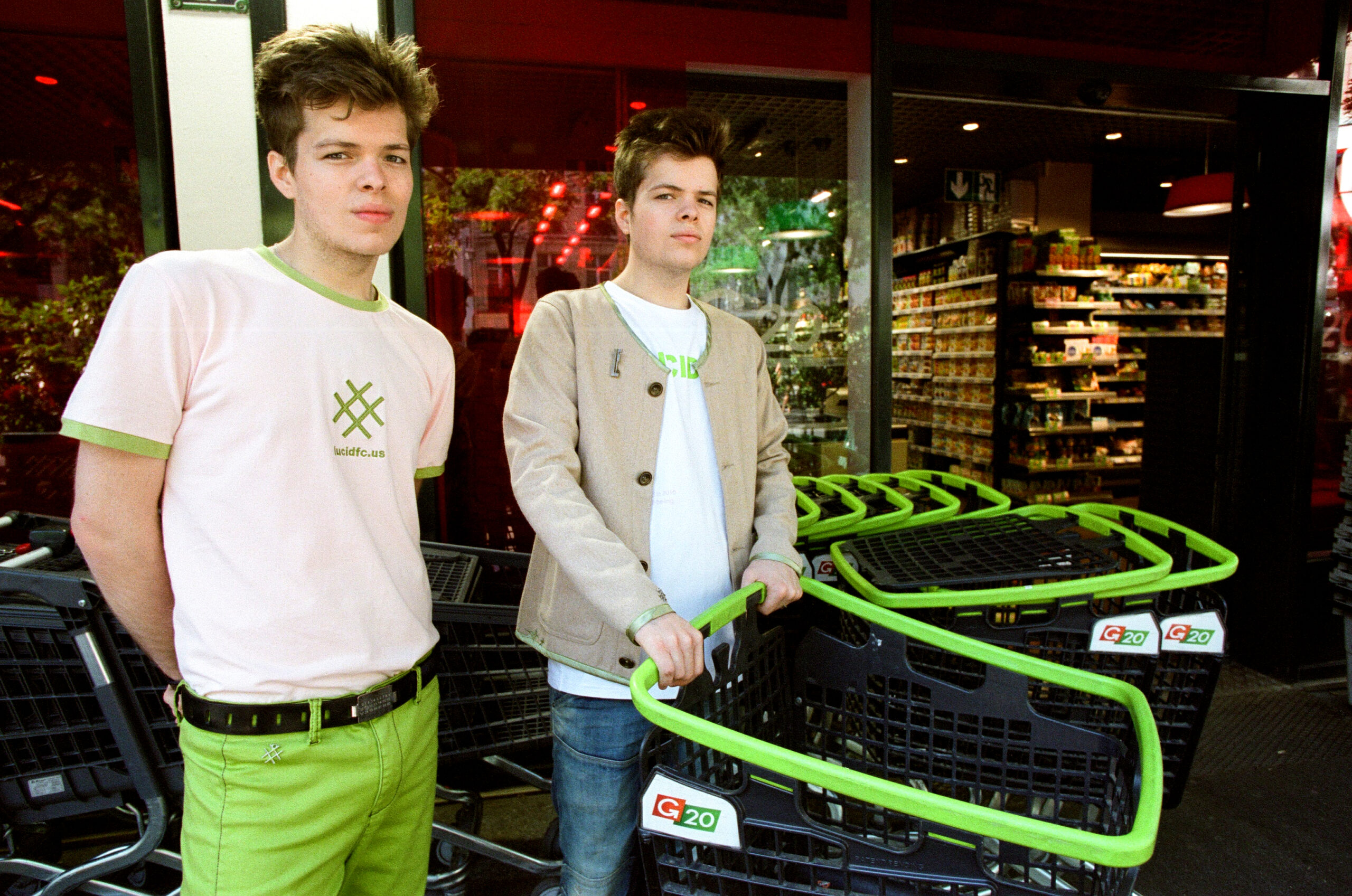
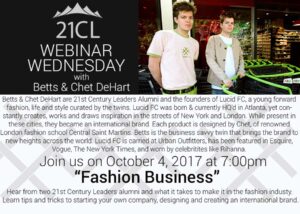
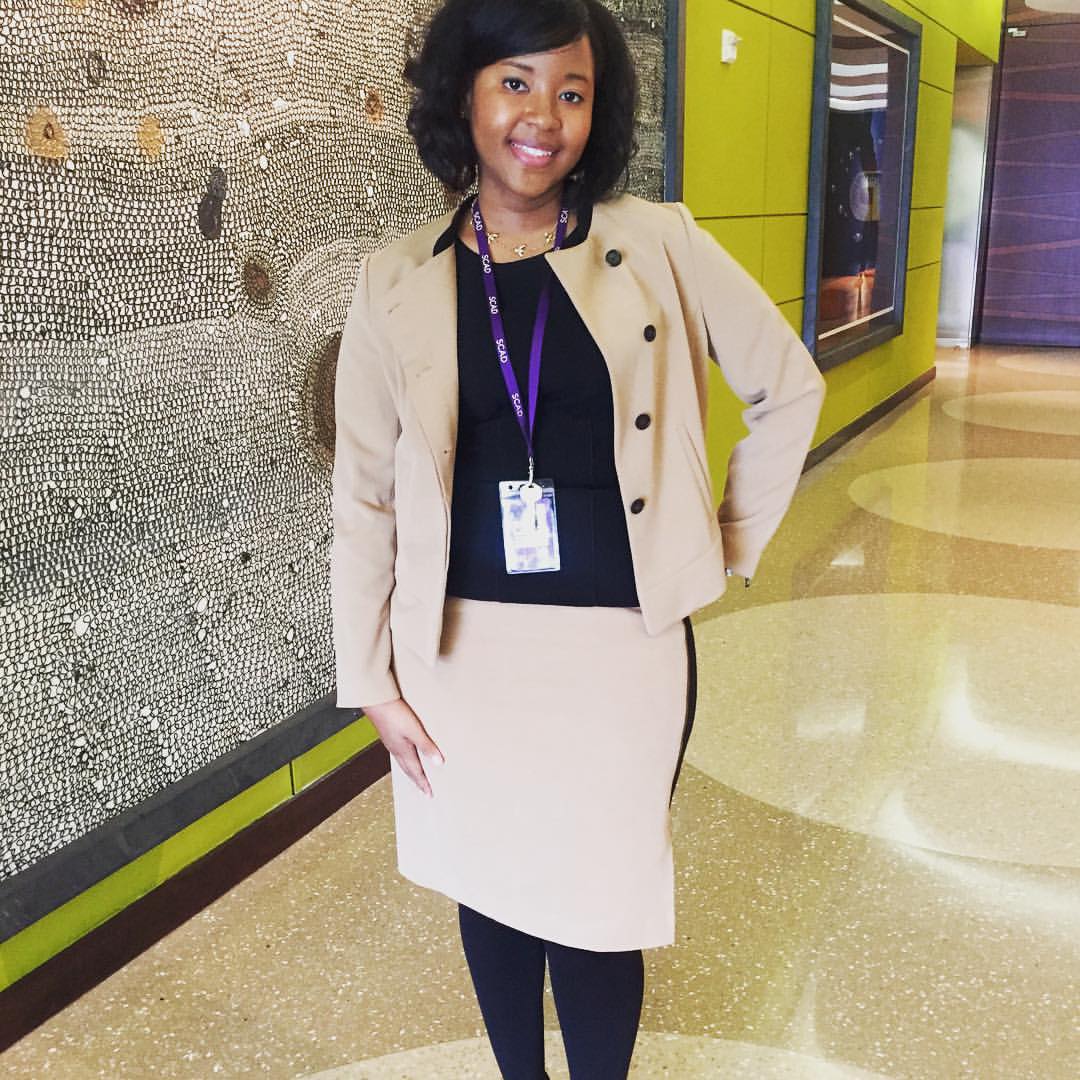

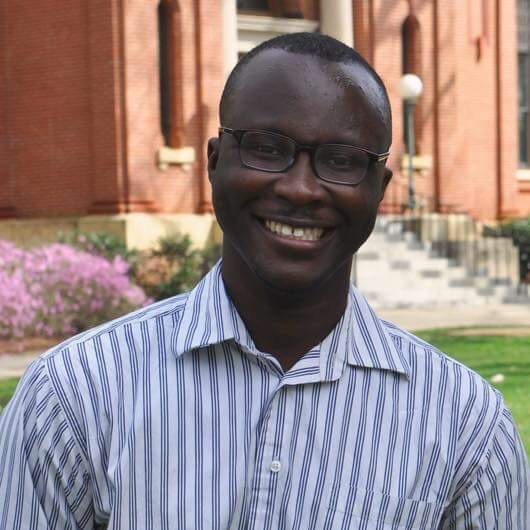
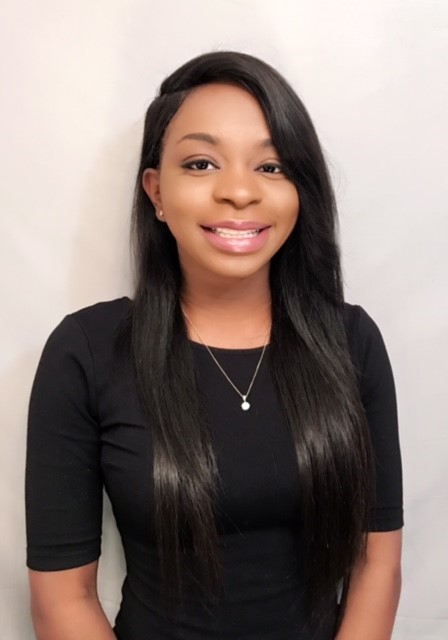
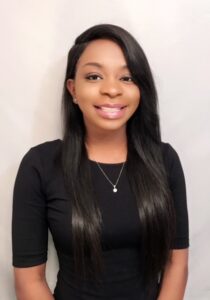 [/fusion_imageframe][fusion_text]It’s been almost nine summers since M. Jennifer Sonola attended her first 21CL event – G5 [
[/fusion_imageframe][fusion_text]It’s been almost nine summers since M. Jennifer Sonola attended her first 21CL event – G5 [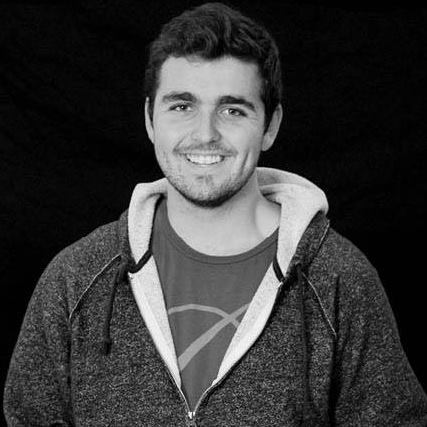
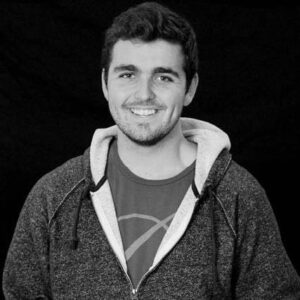 Today’s action challenge in the #21Days of Leadership social media campaign is to highlight a past leader who has made a difference in your life and inspired you to become a leader.
Today’s action challenge in the #21Days of Leadership social media campaign is to highlight a past leader who has made a difference in your life and inspired you to become a leader.